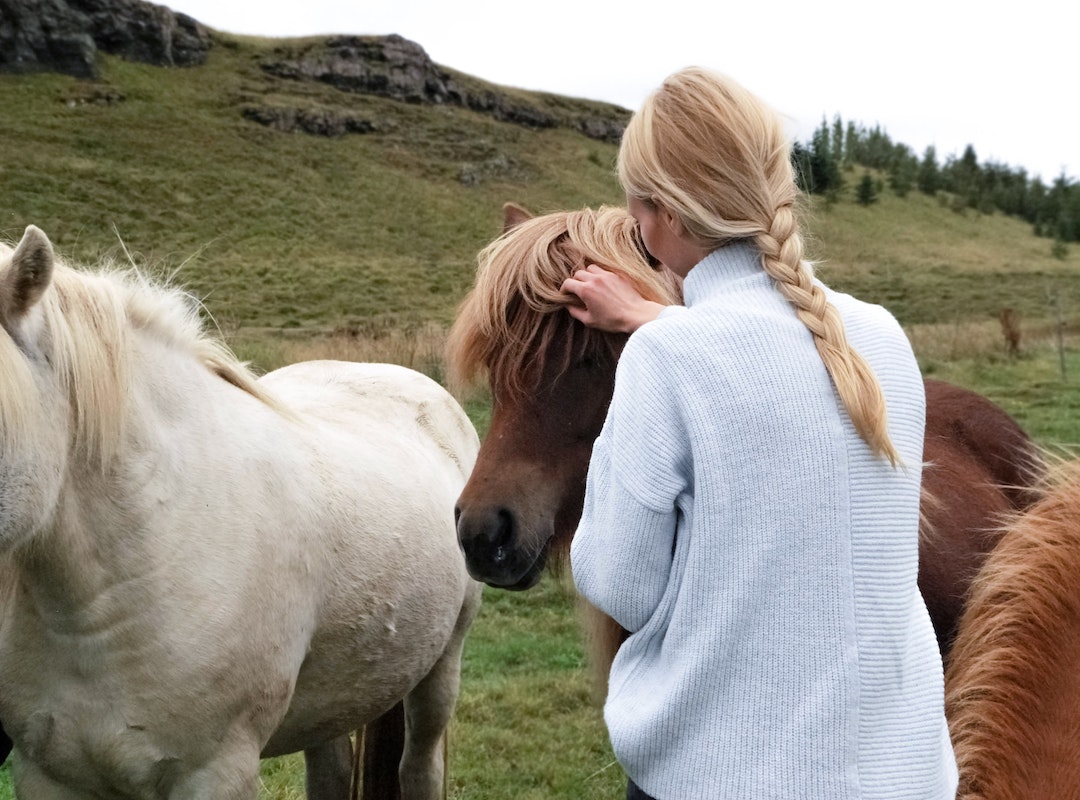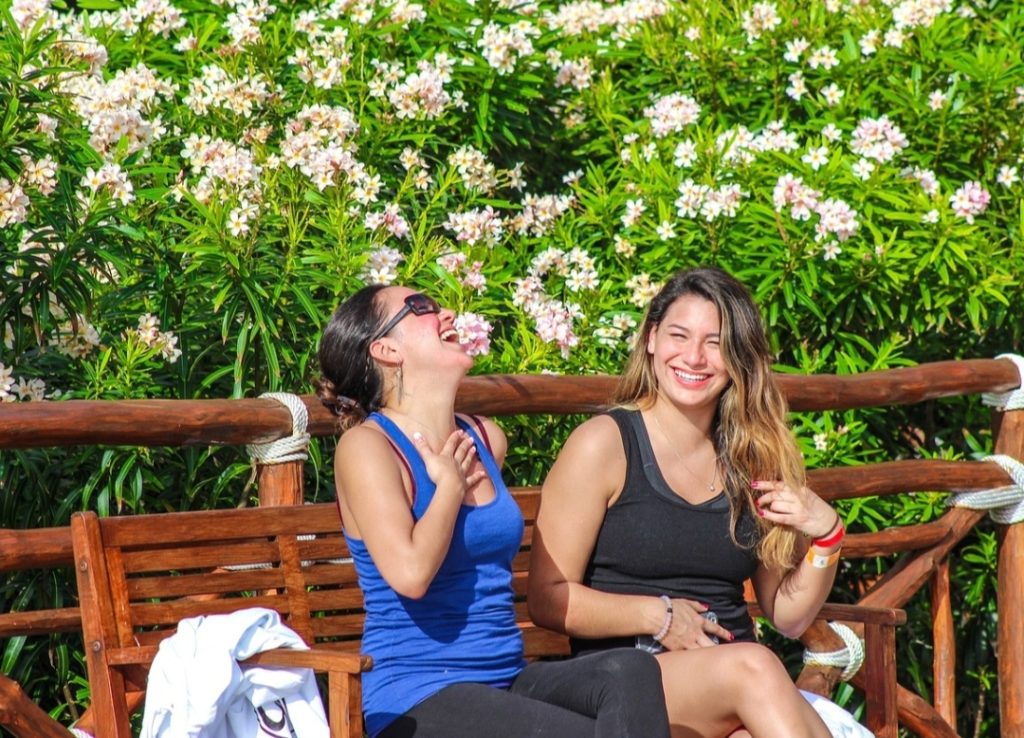Life can include blessings involving one’s profession and one’s passion. This is true for Dr. Vicki Kirsch and her lifelong love of horses.
Dr. Vicki Kirsch, Master of Social Work (MSW), Master of Arts (MA), Licensed Clinical Social Worker (LCSW), is an Associate Clinical Professor in the Department of Social Work, College of Public Health at George Mason University (GMU). She also has a private practice in Fairfax, Virginia with a focus on helping trauma survivors to heal.
Kirsch received her Ph.D. in Women’s Studies from Emory University with a focus on psychoanalysis, feminist spirituality and feminist theory. Coming into the field of social work after teaching Women and Gender Studies at William and Mary, she moved to Boston and focused on developing expertise in Relational Psychotherapy, EMDR, and DBT while completing her MSW at Boston University, being a Teaching Associate in Psychiatry at Harvard University School of Medicine and doing counseling and training of MSW interns at Wheelock College. At the same time, she was active in the horse world studying dressage and utilizing trauma therapies to help individuals with horse-related trauma such as bad falls and other experiences that got in the way of the enjoyment of riding and living the horse life.
Moving back to Virginia in 2007 to join the faculty at GMU, Dr. Kirsch continued in the parallel tracks of horse ownership and social work while keeping an eye on the nascent field of Equine Assisted Psychotherapy. Recently, the field is making great strides to bring the horses into evidence-based interventions, and she decided it was time to take steps to learn and practice. Funded by the Department of Social Work at GMU, Kirsch joined other clinicians from all over the US in the hybrid course of study Equine Assisted Mental Health (EAMH) within the Institute of Human-Animal Connection at the School of Social Work, University of Denver.
The program revolves around the emphasis on Human/Horse interactions and social justice both for humans and the horses. Eligibility requirements include advanced knowledge in clinical practice and in horses, in addition to a thorough personal interview. Advancing the therapist’s skills and practice involves facilitation skills for both group and individual needs. As the Institute’s website details, the core of the “competent practice is an in-depth understanding of horses, their welfare, behavior, needs and communication, as well as selection, assessment, management and training of therapy horses to create a healthy and sustainable environment for all involved. Careful consideration of the ethics surrounding horses as part of mental health services is necessary, both specific to the therapeutic environment and the therapist-client relationship, and to broader human-horse interactions.”
Within the course of the year-long program, three residences occur at a ranch in partnership with the University. Besides the educational value of these meetings, others enrolled in the program meet and work together learning practitioner skills as well as evidence-based intervention theory and skills with others interested in the same long-term goals. Since 2015 therapists from three continents have completed the EAMH program. Twice a year 12 students work with two cohorts thus ensuring a top-level learning environment. The certificate through the University of Denver earns each student 52 educational units.
Ever the teacher, Dr. Kirsch recently led a cohort of her MSW students in this study with hands-on lessons with two horses which was a delight to watch and gave a very different point of view to those studying mental health and clinical social work. After this work, she gave a talk on the unique value of working with horses and distressed people. These are the lessons she imparted to her students.
The value of working with horses includes the experience of the clients becoming based in the present moment. This allows the client to become more embodied while also obtaining an attunement with oneself and another living being, but with no talking required. All of this aids the client with a reorganizing of the brain with the cross-brain connections by way of rhythm and relationship. These activities and the resulting positive response, Dr. Kirsch explains, have been based on evidence as an outcome of treatment.
Qualified people, like Dr. Kirsch, realize and build on the fact that horses provide a kinship with people under the guidance of an EAMH Practitioner. The attributes of horses contribute to the positive work that is possible because of their specific types of mood regulation. First, they are prey animals which means they are highly sensitive to emotion, energy, and intention. Their lives are “in the moment” and bring this awareness to the patient. Horses encourage congruency and authenticity and actually wouldn’t everyone be delighted to be blessed with these values?
Also, horses seek peace. That in itself presents a very valuable mindset. Combining people who love horses with a way to help patients with a range of mental health issues, the EAMH program and its extremely dedicated graduates allow the growth of further skilled professionals who will help those with distress in their lives. And this remains valuable for everyone.
Her Nexx Chapter invites you to join our free Community where women from around the world are connecting with each other’s stories, exploring different experiences, and transforming ideas.
The Future of Connection for Women








Excellent and informative article! Thank you.